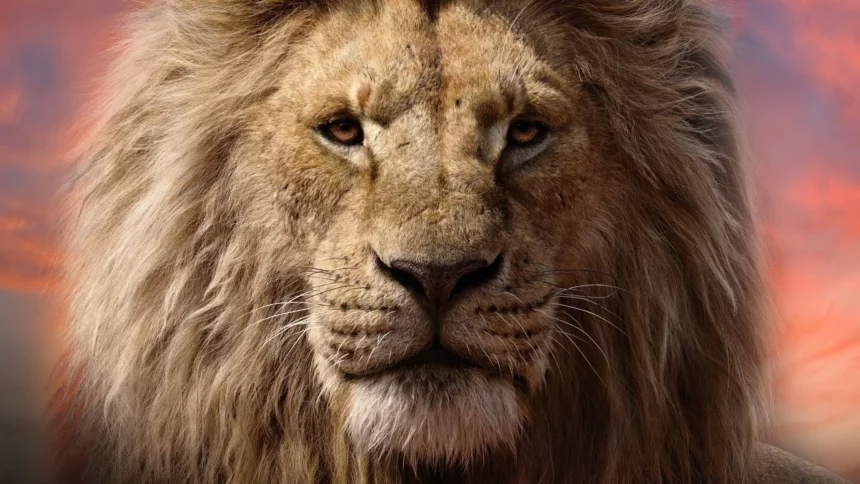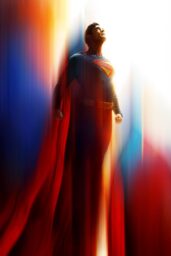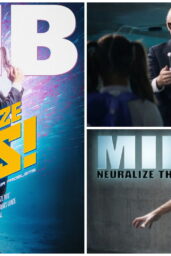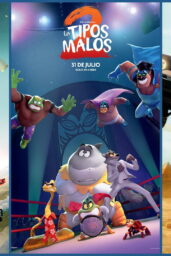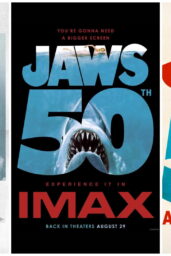The holiday box office often serves as a theater for Hollywood's biggest battles, where high-stakes films vie for the attention—and wallets—of audiences worldwide. This weekend offered a stark contrast: while Paramount's Sonic the Hedgehog 3 sprinted to a strong $63M opening, Disney's Mufasa: The Lion King stumbled with an underwhelming $35M debut.
The Good News: Sonic 3 Triumphs
Let's start with the good news for Hollywood. The third installment in the Sonic series, riding the momentum of its energetic predecessor, landed a $63M opening weekend. This figure surpasses the $58M debut of 2020's Sonic the Hedgehog but falls short of the $72M earned by 2022's Sonic 2. With a production budget of $122M, Sonic 3 appears on track for profitability, buoyed by strong fan engagement and a carefully crafted marketing campaign.
The Bad News: Mufasa's Lackluster Start
Then, there's Mufasa, Disney's prequel to 2019's The Lion King. Directed by Barry Jenkins, the ambitious film failed to roar, delivering only $35M domestically in its first weekend. Internationally, it fared slightly better, bringing the global total to $80M. However, when stacked against the towering $191M domestic opening of Jon Favreau's 2019 remake, Mufasa's numbers seem dismal.
Reports suggest a $250M production budget, with another $100M spent on promotion. The economics here are staggering: to break even, Mufasa must overcome its shaky start and rely heavily on holiday audiences.
Why Did Mufasa Stumble?
Several factors contributed to the film's lukewarm debut:
- Oversaturation and Comparison:
Disney's reliance on legacy franchises may finally be reaching a saturation point. Audiences have grown wary of remakes and prequels that fail to innovate or expand meaningfully on the original material. - Marketing Misfires:
Despite its lavish promotional campaign, Mufasa struggled to define its unique identity, leaving many wondering why this story needed to be told. - Competition from Stronger Titles:
With Sonic 3 leading the weekend and Wicked and Moana 2 holding steady, Mufasa faced stiff competition.
A Silver Lining for Mufasa
Not all is lost for Jenkins' ambitious project. While the box office figures are disheartening, audience reception paints a brighter picture. With an “A-” CinemaScore, the film may benefit from positive word-of-mouth. The holiday season often breathes new life into struggling releases, especially family-oriented fare.
Moreover, Jenkins' direction offers moments of visual splendor and emotional depth, even if the narrative doesn't fully escape the shadow of its predecessor.
The Weekend Box Office Round-Up
Other notable performers included:
- Wicked: The Oscar-contending musical added $13.5M, bringing its domestic total to $383M and global earnings to $571M.
- Moana 2: Disney's animated sequel earned $13M in its fourth weekend, with a domestic total of $359M.
My Impressions
As a lifelong Disney fan, I wanted to love Mufasa. Barry Jenkins' involvement had raised my expectations—here was a director known for his ability to probe the depths of human emotion, helming a story about legacy and identity. Visually, the film doesn't disappoint. The African landscapes are stunning, and the animation breathes life into the savanna.
Yet, I couldn't shake the feeling that Mufasa lacked the narrative urgency to justify its existence. Unlike The Lion King, whose Shakespearean themes of betrayal and redemption struck universal chords, Mufasa felt more like an extended prologue than a self-contained epic.
That said, Mufasa does offer moments of poignancy. The scenes exploring the bond between young Mufasa and his mentor convey a heartfelt intimacy. Jenkins' ability to draw nuanced performances—even from animated characters—remains a testament to his skill as a filmmaker.
Do you think Disney's strategy of revisiting its iconic franchises is sustainable, or should the studio focus on creating original stories?

